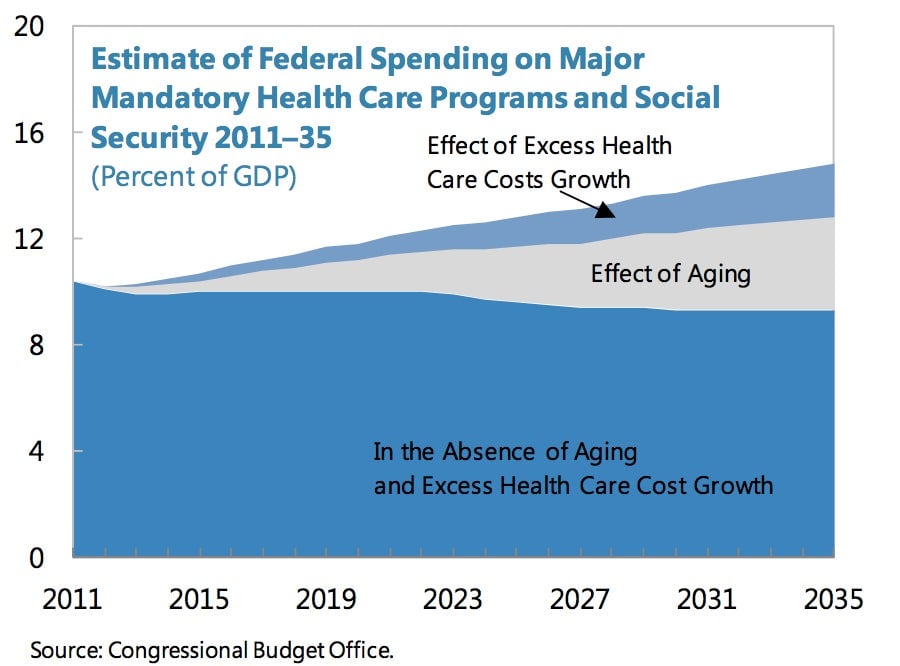IMF to US: Manufacturing won’t save you from the sequester and health-care costs
Another three-letter agency is surveilling the US: This time it’s not the National Security Agency, but the International Monetary Fund, which offered its annual review of American economic policy on Friday (July 26). And the head of the Fund’s mission to the US didn’t mince words:

Another three-letter agency is surveilling the US: This time it’s not the National Security Agency, but the International Monetary Fund, which offered its annual review of American economic policy on Friday (July 26). And the head of the Fund’s mission to the US didn’t mince words:
“[W]e think that the reason why growth this year is going to be low is the very large reduction in the fiscal deficit, with tax increases and the expenditure cuts that have taken a toll on economic activity.”

Look at the green sections of the bar chart above—those represent government spending and investment. Spending reductions, including the “sequester” brought on by politicians’ failure to reach a budget deal at the end of 2012, have been dragging back growth. The IMF forecasts better results next year due to lower fiscal headwinds, hopeful that today’s across-the-board cuts are replaced by a package of higher taxes and longer-term spending reductions.

“Health care spending in the United States has risen considerably during the past 50 years and is a major threat to the sustainability of U.S. public finances.” (pdf, p. 37)
While the IMF thinks near-term deficit reduction came too fast, it thinks the government isn’t doing enough to rein in long-term costs, especially health-care spending. It recommends implementing the new health-care law and further tightening cost controls.

“Excessively optimistic claims of a U.S. manufacturing renaissance seem unwarranted.” (pdf, p. 12)
The US isn’t going to regain its long-lost manufacturing crown. Still, the IMF thinks there may be some legs to the manufacturing expansion, thanks to lower energy costs in the US and rising labor costs in emerging markets.